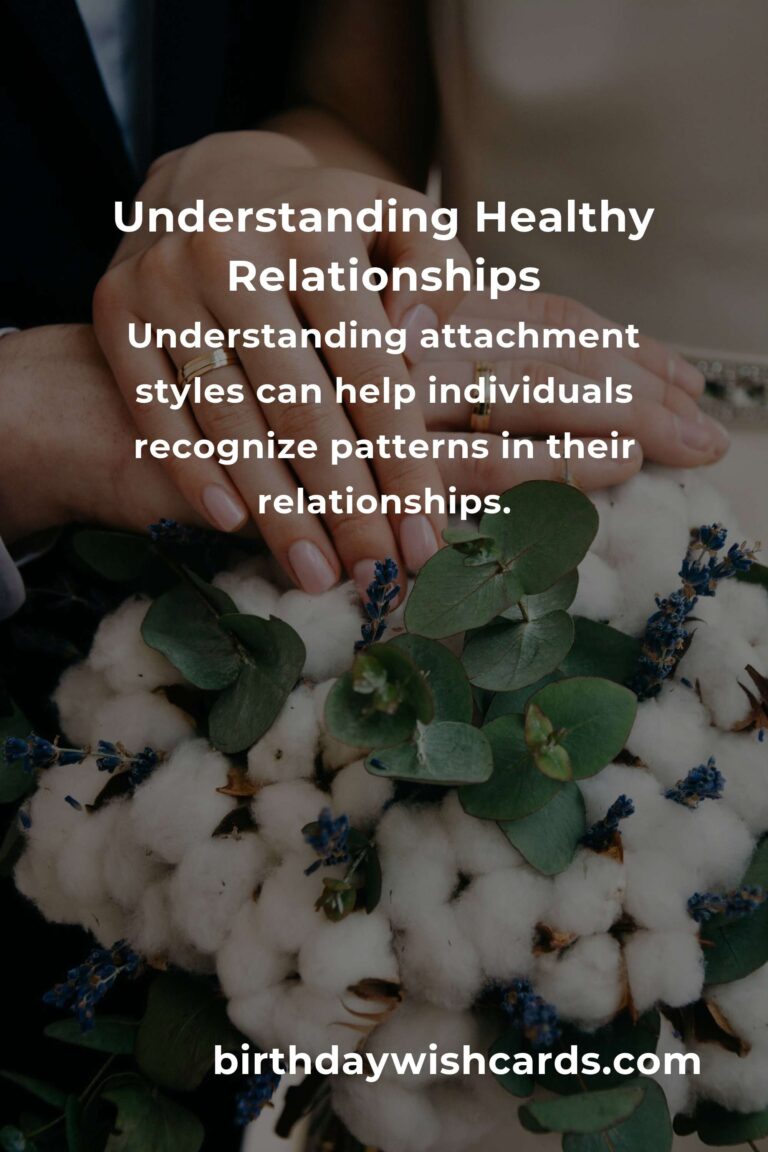
Human beings are inherently social creatures, and forming relationships is a fundamental aspect of our existence. However, the quality of these relationships can significantly impact our mental and physical well-being. Understanding the science behind healthy relationships can help us nurture meaningful connections and lead happier lives.
The Importance of Healthy Relationships
Healthy relationships are vital for emotional support, personal growth, and overall life satisfaction. Research has shown that individuals in strong, supportive relationships tend to experience lower levels of stress, improved mental health, and even longer life spans.
The Role of Communication
Effective communication is the cornerstone of any healthy relationship. It involves not only speaking and expressing one’s thoughts and feelings but also actively listening and responding to the other person’s needs and concerns. Studies indicate that couples who engage in open and empathetic communication are more likely to resolve conflicts amicably and maintain a satisfying relationship.
Trust and Honesty
Trust and honesty are fundamental components of a healthy relationship. Trust fosters a sense of security and stability, allowing individuals to rely on each other. Honesty, on the other hand, ensures transparency and prevents misunderstandings. When both partners are truthful and trustworthy, the relationship is more likely to thrive.
Emotional Intelligence
Emotional intelligence plays a significant role in nurturing healthy relationships. It involves the ability to understand, manage, and express one’s emotions, as well as recognize and influence the emotions of others. People with high emotional intelligence are generally better at empathizing with their partners and responding to their needs, which strengthens the relationship.
The Science of Attachment
Attachment theory provides insight into how early relationships with caregivers can influence adult relationships. Secure attachment, developed in childhood, often leads to healthier adult relationships characterized by trust and intimacy. Understanding attachment styles can help individuals recognize patterns in their relationships and work towards developing more secure attachments.
Conflict Resolution
Conflict is inevitable in any relationship, but the key to a healthy relationship lies in how conflicts are managed. Constructive conflict resolution involves addressing disagreements respectfully and collaboratively. Couples who approach conflicts with a problem-solving mindset tend to experience greater relationship satisfaction.
Shared Values and Goals
Having shared values and goals can strengthen a relationship by providing a common purpose and direction. When partners align on key aspects of life, such as family, finances, and personal aspirations, they are more likely to work together to achieve their shared objectives.
The Impact of Physical Intimacy
Physical intimacy is an essential component of romantic relationships. It fosters closeness and strengthens the emotional bond between partners. Studies have shown that couples who maintain a healthy level of physical affection tend to report higher levels of relationship satisfaction.
Conclusion
Understanding the science behind healthy relationships can empower individuals to build and maintain strong, fulfilling connections. By focusing on effective communication, trust, emotional intelligence, and shared values, we can create relationships that enhance our well-being and bring joy to our lives.
Healthy relationships are vital for emotional support, personal growth, and overall life satisfaction. Effective communication is the cornerstone of any healthy relationship. Trust and honesty are fundamental components of a healthy relationship. Emotional intelligence plays a significant role in nurturing healthy relationships. Understanding attachment styles can help individuals recognize patterns in their relationships. Constructive conflict resolution involves addressing disagreements respectfully and collaboratively. Having shared values and goals can strengthen a relationship by providing a common purpose and direction. Physical intimacy is an essential component of romantic relationships.
#HealthyRelationships #Communication #Trust #EmotionalIntelligence #AttachmentTheory #ConflictResolution #Intimacy













